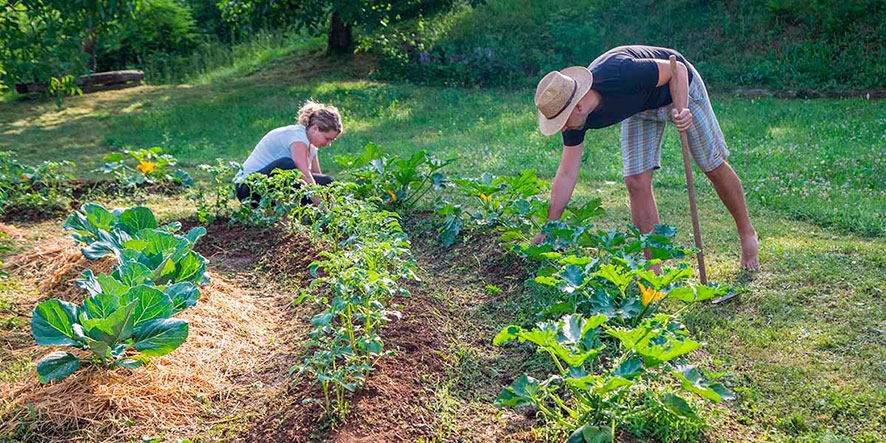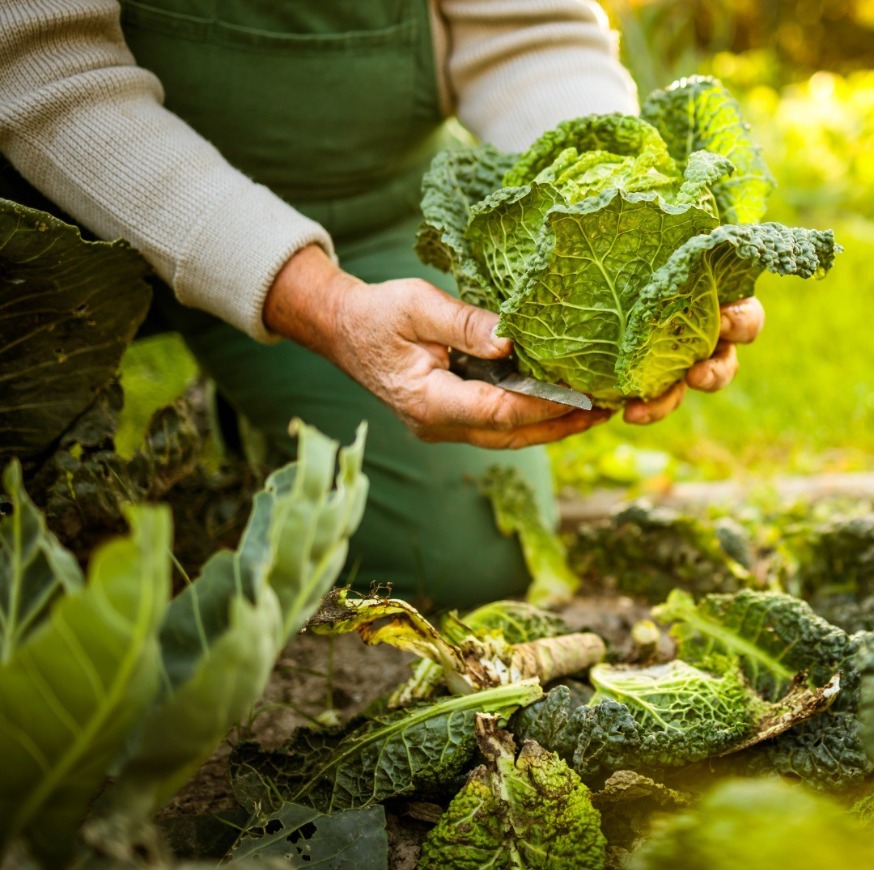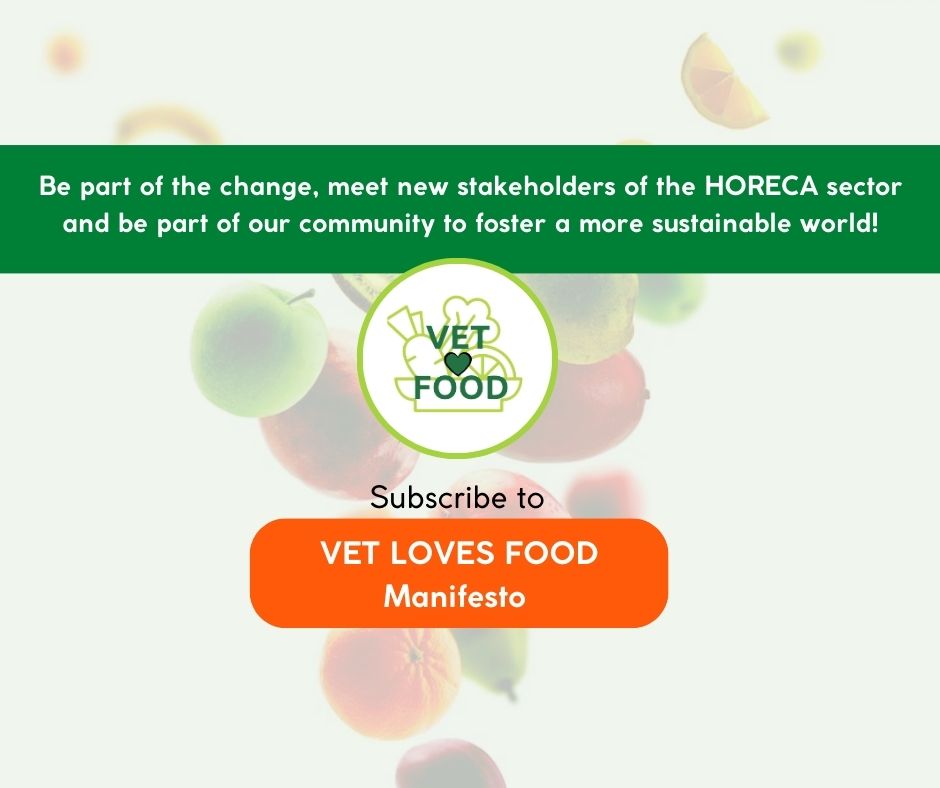Permaculture has emerged as a transformative approach to sustainable agriculture, aiming to harmonize human activity with the natural world. At its core, permaculture is about creating food systems that mimic the resilience and diversity of natural ecosystems, while optimizing resource use and minimizing waste.
One of the fundamental principles of permaculture is observation: practitioners closely study natural ecosystems to understand the relationships and interactions between different elements, such as plants, animals, soil, water, and climate.
Diversity is another key aspect of permaculture. By incorporating a wide variety of plants, animals, and microorganisms, permaculture gardens and farms can create symbiotic relationships that support and reinforce each other.

Permaculture also emphasizes the importance of self-sufficiency and closed-loop systems.
Rather than relying heavily on external inputs, permaculturists seek to recycle and regenerate resources within the system.
Permaculture is not only about the physical design of food systems but also encompasses social and ethical considerations. It emphasizes the importance of sharing knowledge and fostering a sense of community resilience.
In conclusion, by embracing permaculture, we can move towards a future where humanity coexists in harmony with the natural world, nurturing the Earth and securing a sustainable food supply for generations to come.



